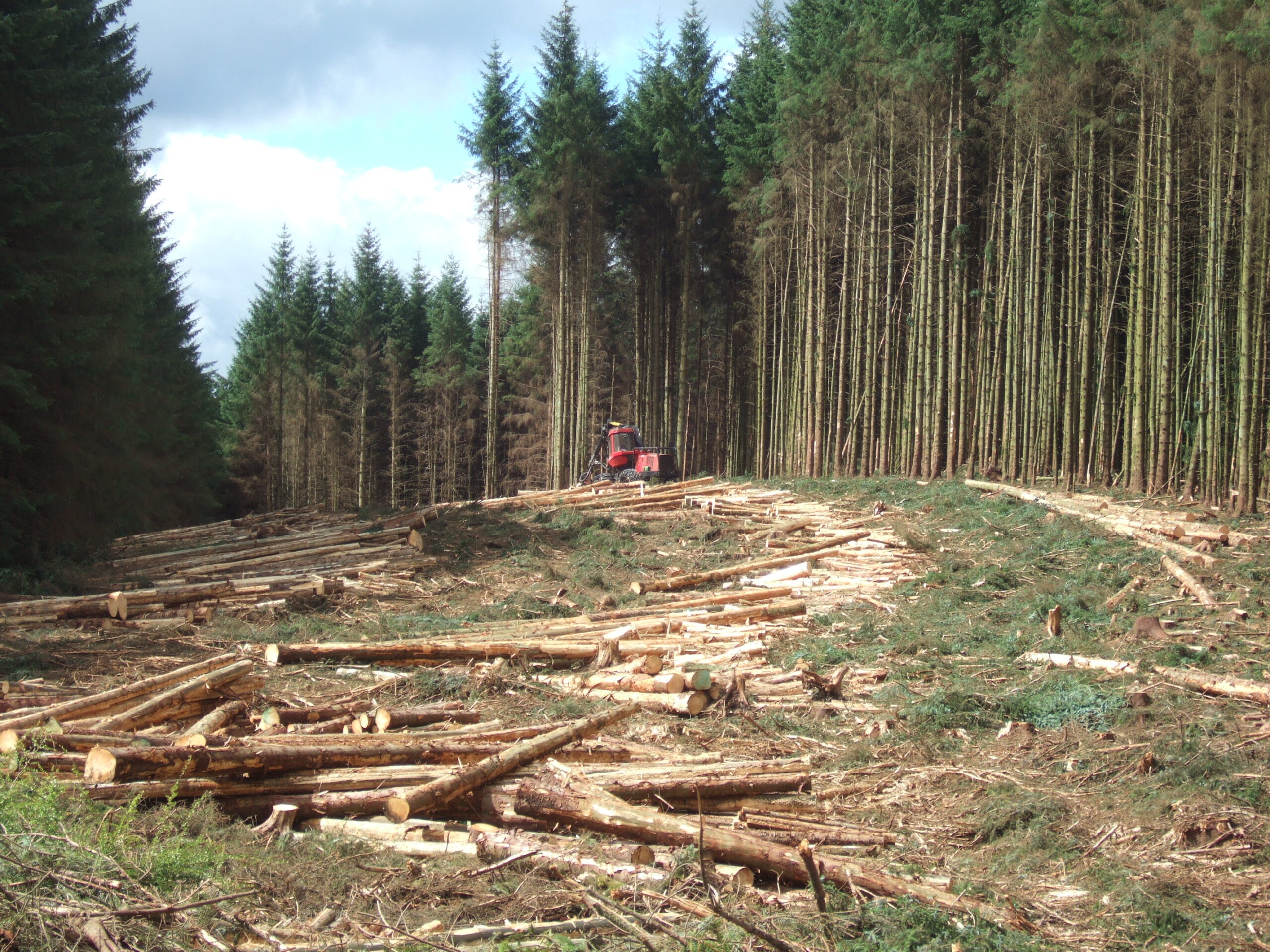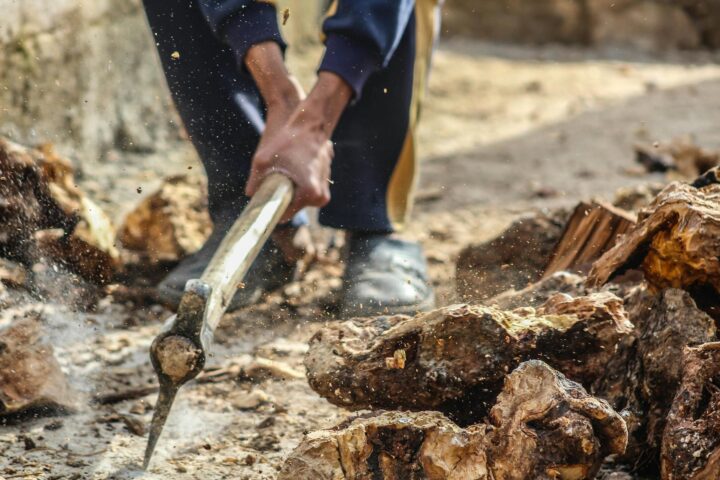-
Here's Why Timber Harvesting is So Important
Timber harvesting, also known as logging or lumbering, is the process of cutting down trees and converting them into usable wood products. It is an essential industry that plays a critical role in our economy and our daily lives. Timber harvesting provides a sustainable source of wood products and has many benefits, including job creation, supporting local economies, and improving forest health.
One of the most significant benefits of timber harvesting is its role in job creation. The logging industry employs millions of people worldwide, including loggers, truckers, and sawmill workers. In the United States alone, the forest products industry employs nearly 2.8 million people, making it one of the largest employers in the country. Timber harvesting provides employment opportunities in rural areas where jobs may be limited, helping to support local economies.
Timber harvesting also plays a critical role in the production of wood products. Wood is a versatile and renewable resource that is used in a wide range of products, including furniture, paper, and construction materials. Without timber harvesting, the production of these products would not be possible. By providing a sustainable source of wood products, timber harvesting helps to ensure that we can continue to use wood as a valuable resource for years to come.
Another benefit of timber harvesting is that it can actually improve forest health. When forests are left unmanaged, they can become overgrown and overcrowded, leading to an increased risk of wildfires and disease. By selectively removing trees, timber harvesting can help to reduce the risk of wildfires and improve the overall health of the forest. Additionally, by removing older trees, younger trees have more room to grow, which can improve the overall health and vitality of the forest.
Despite its many benefits, timber harvesting is often a controversial topic. Some people argue that logging is harmful to the environment and that it should be stopped altogether. While it is true that irresponsible logging practices can have negative environmental impacts, responsible timber harvesting can actually be beneficial for the environment.
Many logging companies now use sustainable logging practices that minimize their impact on the environment. These practices include selective harvesting, where only mature trees are removed, leaving younger trees to grow, and reforestation efforts, where new trees are planted to replace those that have been harvested. Additionally, responsible logging companies work to minimize the impact on wildlife habitats and water quality.
In conclusion, timber harvesting is a vital industry that plays a critical role in our economy and our daily lives. It provides a sustainable source of wood products, creates jobs, and can even improve forest health when done responsibly. While there are certainly environmental concerns associated with timber harvesting, responsible logging practices can minimize these impacts and ensure that this valuable industry continues to provide benefits for generations to come.




